Original report can be found here: https://www.ncetm.org.uk/resources/45776
Charlie’s Angles
Thoughts on topical issues of mathematics education from the NCETM’s Director, Charlie Stripp
Mastery in mathematics: What it is and why we should be doing it
Approaches to differentiation; defining a ‘mastery’ approach; the ‘England-China Mathematics Education Innovation Research Project’
I’ll be controversial: I think it may well be the case that one of the most common ways we use differentiation in primary school mathematics, which is intended to help challenge the ‘more able’ pupils and to help the ‘weaker’ pupils to grasp the basics, has had, and continues to have, a very negative effect on the mathematical attainment of our children at primary school and throughout their education, and that this is one of the root causes of our low position in international comparisons of achievement in mathematics education.
If my suspicion about the damage caused by current practice in differentiation in many maths lessons is correct, we should do something about it. However, I do recognise that an individual school’s interpretation of differentiation is rarely as black and white as I paint it below, and I know that many primary teachers put a great deal of thought and effort into developing differentiation models for maths teaching. For that reason, we should examine the evidence very carefully and carry out serious trials to help determine whether a different approach will improve children’s mathematical learning.
Put crudely, standard approaches to differentiation commonly used in our primary school maths lessons involve some children being identified as ‘mathematically weak’ and being taught a reduced curriculum with ‘easier’ work to do, whilst others are identified as ‘mathematically able’ and given extension tasks. This approach is used with the best of intentions: to give extra help to those who are having difficulty with maths, so they can grasp key ideas, and to challenge those who seem to grasp ideas quickly. It sounds like common sense. However, in the light of international evidence from high performing jurisdictions in the Far East, and the ‘mindset’1 research I referred to in my last blog, I’m beginning to wonder whether such approaches to differentiation may be very damaging in several ways.
For the children identified as ‘mathematically weak’:
- They are aware that they are being given less-demanding tasks, and this helps to fix them in a negative ‘I’m no good at maths’ mindset that will blight their mathematical futures.
- Because they are missing out on some of the curriculum, their access to the knowledge and understanding they need to make progress is restricted, so they get further and further behind, which reinforces their negative view of maths and their sense of exclusion.
- Being challenged (at a level appropriate to the individual) is a vital part of learning. With low challenge, children can get used to not thinking hard about ideas and persevering to achieve success.
For the children identified as ‘mathematically able’:
- Extension work, unless very skilfully managed, can encourage the idea that success in maths is like a race, with a constant need to rush ahead, or it can involve unfocused investigative work that contributes little to pupils’ understanding. This means extension work can often result in superficial learning. Secure progress in learning maths is based on developing procedural fluency and a deep understanding of concepts in parallel, enabling connections to be made between mathematical ideas. Without deep learning that develops both of these aspects, progress cannot be sustained.
- Being identified as ‘able’ can limit pupils’ future progress by making them unwilling to tackle maths they find demanding because they don’t want to challenge their perception of themselves as being ‘clever’ and therefore finding maths easy. A key finding from Carol Dweck’s work on mindsets1 is that you should not praise children for being clever when they succeed at something, but instead should praise them for working hard. That way, they will learn to associate achievement with effort (which is something they can influence themselves – by working hard!), not ‘cleverness’ (a trait perceived as absolute and that they cannot change).
I’m not going to address differentiation in secondary school maths teaching directly here as I plan to make that the subject of a future article in this blog, but I do think much of what I’m saying here also applies at secondary level.
Countries at the top of the table for attainment in mathematics education employ a mastery approach to teaching mathematics. Teachers in these countries do not differentiate their maths teaching by restricting the mathematics that ‘weaker’ children experience, whilst encouraging ‘able’ children to ‘get ahead’ through extension tasks (terms such as ‘weaker’ and ‘able’ are subjective, and imply that children’s ability in maths is fixed – I think they are very damaging and we should stop using them – many teachers already have, but many still use them). Instead, countries employing a mastery approach expose almost all of the children to the same curriculum content at the same pace, allowing them all full access to the curriculum by focusing on developing deep understanding and secure fluency with facts and procedures, and providing differentiation by offering rapid support and intervention to address each individual pupil’s needs. An approach based on mastery principles:
- makes use of mathematical representations that expose the underlying structure of the mathematics;
- helps children to make sense of concepts and achieve fluency through carefully structured questions, exercises and problems that use conceptual and procedural variation to provide ‘intelligent practice’, which develops conceptual understanding and procedural fluency in parallel;
- blends whole class discussion and precise questioning with intelligent practice and, where necessary, individual support.
Colleagues at the NCETM and I have produced this short paper: ‘Mastery approaches to mathematics and the new National Curriculum’ , which defines what we mean by mastery, links it to the National Curriculum, and highlights its implications for the professional development of teachers. This work is supported by the Department for Education, which is keen to see how mastery teaching can raise achievement in schools. This video clip of an English year 2 primary class learning how to add fractions shows mastery teaching in action.
A major element of the NCETM’s leadership and development of mastery teaching is through the DfE-funded ‘England-China Mathematics Education Innovation Research Project’, involving more than 60 teachers from England shadowing primary mathematics teachers in Shanghai (the English teachers are in Shanghai as I write this) to observe mastery teaching in practice, followed by the Shanghai teachers coming to England to exemplify mastery teaching in our classrooms and to support the English teachers in making sense of and trying out a mastery approach to their maths teaching.
This project is being run through the NCETM’s Maths Hubs initiative. Testing out new ideas in the classroom to gather evidence of how effective they are, before advocating which should be adopted more widely, is a key role of the Maths Hubs. The English primary school teachers involved have embarked on this project with great enthusiasm. They have a strong desire to learn as much as they can about how maths is taught in Shanghai and want to use what they learn to develop their own teaching back in England to improve their pupils’ learning.
The project will help us to develop how we use the mastery approach to maths teaching in our primary schools, to improve maths education and the mathematical futures of our young people. It also provides a brilliant opportunity to develop close working relationships between the English and Chinese teachers involved, so that they can learn from each other, to the benefit of teachers and children in both England and Shanghai.
It might also lead us to start moving away from the practice of dividing primary maths classes into different tables, with harmless sounding names, but names which nevertheless don’t fool even the pupils on the ‘red’ table!
It will not be quick or straightforward to improve the learning of our lower attaining pupils, narrowing the wide gaps between pupils’ mathematical attainment that currently exist in our classrooms, but we must be committed to doing so. I believe that mastery teaching will – with time and effort – enable us to achieve this.
1. ‘Mindset’, Carol Dweck, 2006, ISBN 978-1-78033-200-0
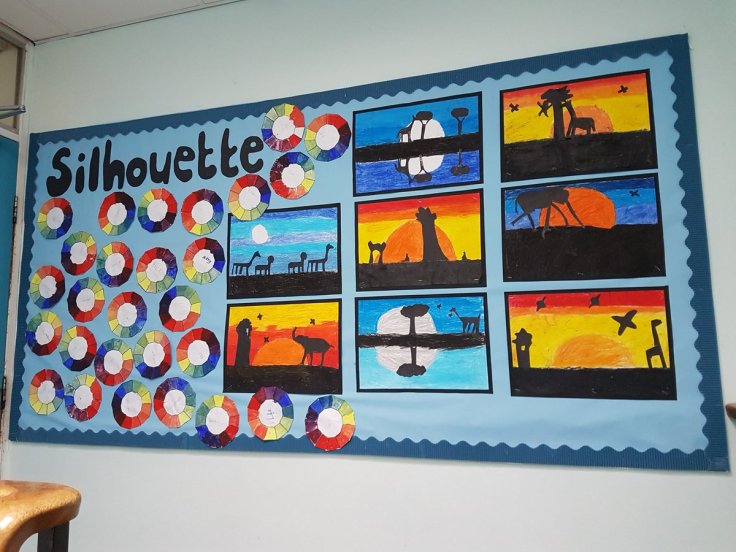















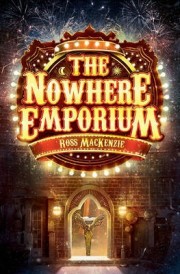

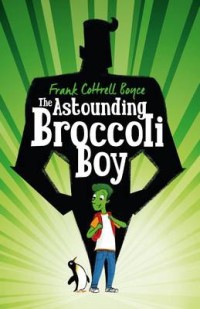

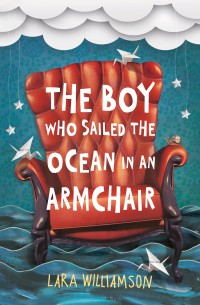

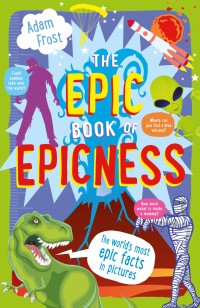

Recent Comments